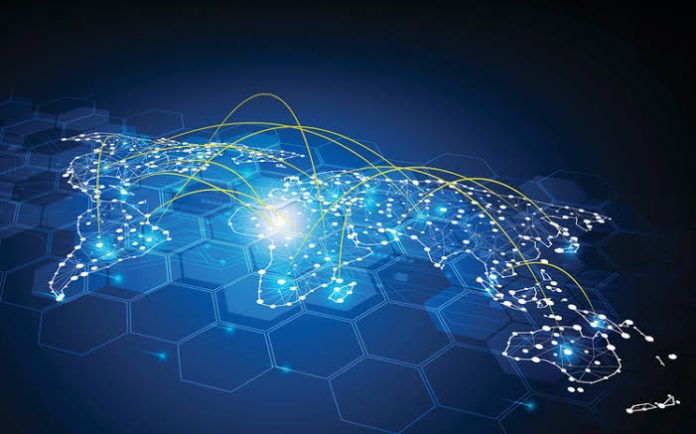Making the geospatial data and modern mapping technologies available to Indian firms is the aim of the government
To achieve a $5 trillion economy and the vision of Atmanirbhar Bharat or self-reliant India, the country has liberalized regulations on geospatial data and maps. Making the geospatial data and modern mapping technologies available to Indian firms is the aim of the government.
The government realised that from creation to dissemination of maps, the existing regime imposed significant restrictions on the mapping industry, requiring Indian companies to seek licences and follow a cumbersome system of pre-approvals and permissions. Hindering Indian innovation in map technologies for decades, compliance with these regulatory restrictions has subjected start-ups in India to red tape.
Against this backdrop, especially for Indian companies, the department of science and technology is announcing sweeping changes to India’s mapping policy. As part of this, guidelines were issued on Monday by the ministry of science and technology for acquiring and producing geospatial data and geospatial data services, including maps.
The guidelines state, what is readily available globally does not need to be restricted in India and, therefore, geospatial data that used to be restricted will be now freely available in India.
Furthermore, our corporations and innovators are no longer subject to restrictions nor do they require prior approvals before they collect, generate, prepare, disseminate, store, publish, update digital geospatial data and maps within the territory of India, the ministry said. As per the guidelines there shall be no requirement for security clearance, licence or any other restrictions for these.
Professor Ashutosh Sharma, secretary, department of science and technology said, “The availability of comprehensive, highly accurate, granular, and constantly updated representation of geospatial data will significantly benefit diverse sectors of the economy and will significantly boost innovation in the country and greatly enhance the preparedness of the country for emergency response”.
The guidelines also state that individuals, companies, organizations, and government agencies shall be free to process the acquired geospatial data, build applications, and develop solutions in relation to such data and use such data products, applications, and solutions by way of selling, distributing, sharing, swapping, disseminating, publishing, deprecating and destructing.
Self-certification however will be issued to convey adherence to these guidelines.
Sharma said, “In every economic endeavour, spanning agriculture, finance, construction, mining and local enterprise, India’s farmers, small businesses and corporation’s alike stand to gain tremendously from the application of innovative technologies based on modern geospatial data technologies and mapping services”.
For mapping technologies and services, the country relies heavily on foreign resources. The guidelines said, “Liberalisation of the mapping industry and democratization of existing datasets will spur domestic innovation and enable Indian companies to compete in the global mapping ecosystem by leveraging modern geospatial technologies”.
Locally available and locally relevant maps and geospatial data would also help improve planning and management of resources and better serve the specific needs of the Indian population, the guidelines stated.
Also, as per stated by the guidelines maps and accurate geospatial data are crucial for national infrastructure projects such as linkages of rivers, creation of industrial corridors, and deployment of smart power systems.
Emerging vibrant initiatives such as Digital India, Smart Cities, ecommerce, autonomous drones, delivery, logistics and urban transport require a leap forward in mapping with greater depth, resolution and precision, read the guidelines.
Sharma added, “Our start-ups and mapping innovators will be trusted to self-certify, apply good judgement and be relied upon to demonstrate adherence to guidelines. In addition, measures to promote the development of Indian geospatial innovations that take advantage of the latest map-making technologies are proposed”.
“With the next generation of mapping technology just about coming into its own around the world, this policy will enable Indian innovators to create substantial advances in mapping ultimately making our lives easier and empowering small businesses”, Sharma said.
Also Read: Economy and health: India to continue managing impact of pandemic
Do Follow: CIO News LinkedIn Account






